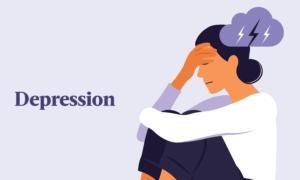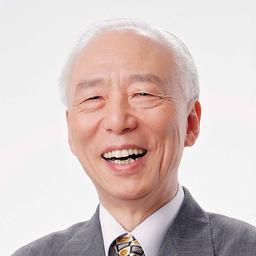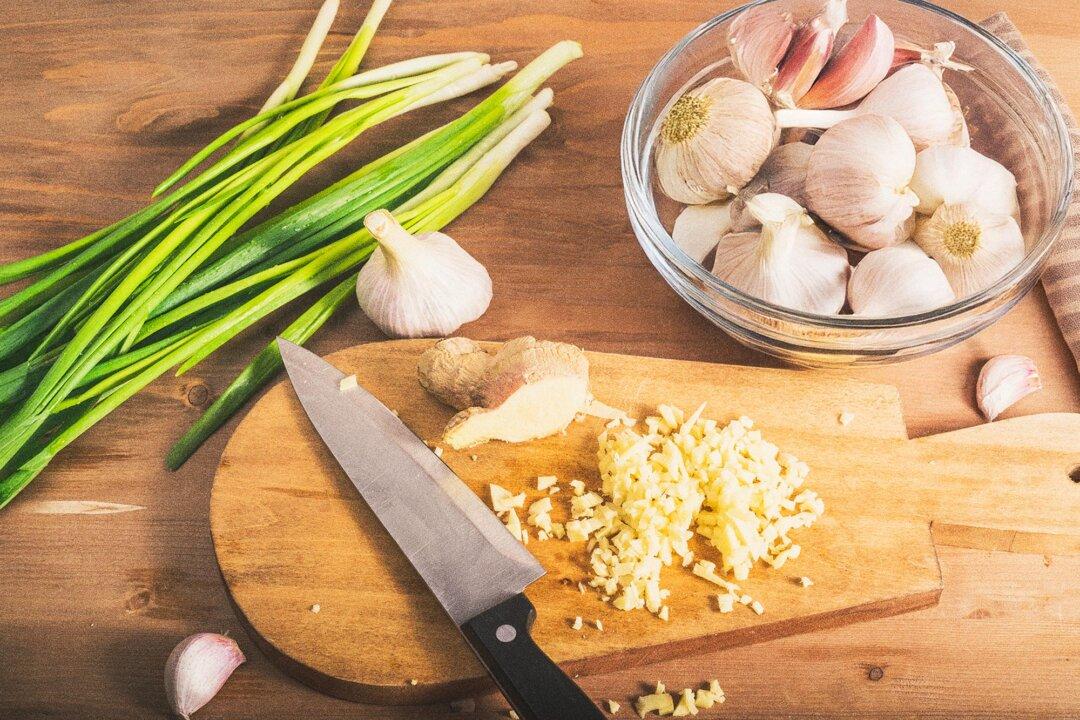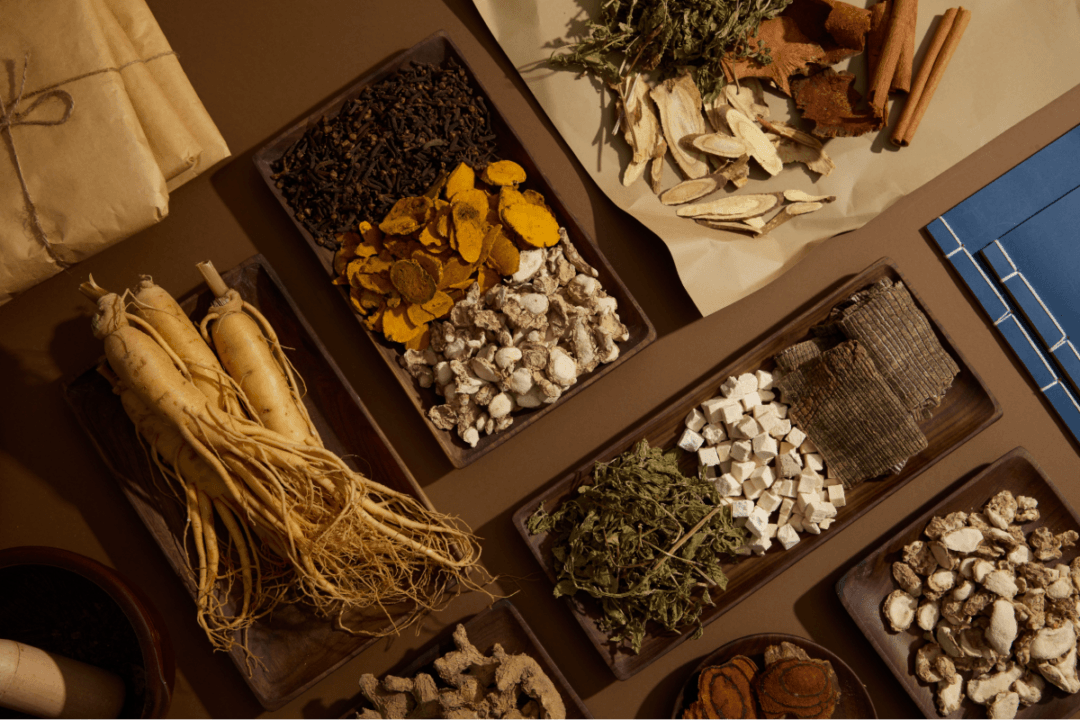A good night’s sleep not only strengthens and revitalizes the body, but also protects the heart. Traditional Chinese medicine (TCM) encourages health “preservation in spring,” “growth in summer,” “harvest in autumn,” and “storage in winter.” How do we achieve growth in summer? The key is good quality, restorative sleep so as not to “hurt the heart.”
A Quartet of ‘Sleep Well in Summer’ Tips for Protecting the Heart
Four steps to achieve good sleep for a healthy heart:1. Take an afternoon nap
TCM holds that the human body has a “meridian” system of 12 main meridians responsible for transporting “qi” and blood to the entire body. Qi and blood are the basic substances that constitute the human body and maintain human life activities. The circulation of qi and blood maintains the balance and stability of various tissues and organs.According to TCM, the 12 main meridians follow specific timelines and pathways. The 12 hours of a day (with one hour being equivalent to two hours on our current clock) correspond to the 12 main meridians of the body. During each of the 12 hours, the qi and blood on the corresponding meridian will become particularly active, and the viscera (internal organ) governed by that meridian is also more active.
At Chinese noontime (11 am -1 pm), qi mainly follows the heart meridian. Taking a nap during this period can nourish the heart meridian, thus keeping the heart in good shape.
2. Avoid icy cold drinks
Even for myself, having a little bit of icy refreshment during the scorching summer would make me feel happy—but such drinks should be minimized or avoided altogether.3. Warm milk with dark brown sugar before bed
Hot weather can make us feel irritable. At night we toss and turn in bed and cannot fall asleep. Although it is usually not advisable to eat close to bedtime, if you’re feeling irritable, you can have a cup of warm milk with dark brown sugar before turning in for the night. Dark brown sugar has the effect of nourishing blood. Alternatively, you can drink a glass of warm water mixed with a teaspoon of honey.4. Keep calm
Good sleep comes when you feel calm.Many years ago, when I was preparing for my TCM exam, I used the following method to calm myself and sleep well at night: I got up at about 5 or 6 a.m. and began reading. After studying until about half past ten in the evening, I sat quietly, closed my eyes to calm myself down, and mentally reviewed what I had studied throughout the day. After the mental review, I would feel very tired. At this point, I would lie down and soon fall into a deep, sound sleep.
A Soup and a Tea to Help Sleep and Improve Memory
The following two recipes can help both adults and children to fall asleep easier in summer and also improve memory.Lily Egg Drop Soup

- 30g (1.1 ounces) lily, presoaked to soften
- 3 eggs, beaten
- 10g (0.4 ounces) ham, diced
- 3 cups chicken broth
- 1 green onion, chopped
- Salt and cooking wine to taste
- Boil 1000 ml (33 ounces) of water in a pot and add the softened lily, simmer on low heat until the lily becomes completely soft and mushy.
- Add the chicken broth, diced ham, and beaten eggs to the pot.
- Return to a boil, then remove from heat.
- Season and sprinkle with chopped green onion before serving
Chrysanthemum, Dwarf Lilyturf, Fried Malt Nourishment Tea

- 3g Chrysanthemum
- 3g Ophiopogon japonicus (Dwarf lilyturf)
- 3g Roasted Fructus Hordei Germinatus
- Place the ingredients in your favorite cup or mug.
- Bring water (300 ml) to a rolling boil and immediately pour over the ingredients.
- Steep for 3 to 5 minutes and serve.







